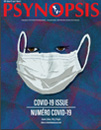Silver Linings in the Pandemic
It has been a tough year for everyone, and so Psychology Month this year has been tough as well. No matter how many innovative, creative, dedicated psychologists are doing incredible things, it’s tough to forget the reason why. A pandemic that has ravaged the globe, caused untold economic damage, mental health issues, and more. Above all, we can’t forget the two and a half million people who have died as a result, which makes the subject of this year’s Psychology Month deeply tragic.
It is for this reason that we want to end on a high note, in as much as such a thing is possible. We asked many of the psychologists who were profiled for Psychology Month to tell us something good they saw come of the pandemic. A personal or professional observation of a way things had improved despite the global catastrophe. Here is what many of them had to say:
“Across hundreds of universities, dozens of countries, many languages, many disciplines, from the virologists to the immunologists to the mental health practitioners – all these people are working together over months. And doing this work under pandemic conditions, doing this work in labs that themselves could cause a super-spreader event. It’s an amazing human accomplishment that we’re already talking about how to get it under control.”
- Andrew Ryder
“One thing that amazed me was how quickly our field – psychology – was able to pivot to online services and mostly remote delivery of therapy when beforehand it was more of an exception to the rule to see people online or over the phone. Seeing that in-person visits can sometimes be adequately replicated via Zoom, or the phone, or other technologies, has been a really interesting experience for me as a trainee.”
- Chelsea Moran
“It wasn’t on the radar at all to offer virtual group psychotherapy for chronic pain, or for psychologists to have virtual appointments. The way Quebec is set up, we cover people who live seven, eight hours away from our centre. For them, being able to have weekly sessions with a psychologist is something that’s very precious. And for others in chronic pain where even thirty or forty minutes driving in the car to the hospital brings their pain level from a three to an eight, not having to come in on some days can be helpful as well. It’s a door that opened that wouldn’t have opened as fast had it not been for the pandemic.”
- Gabrielle Pagé
“There are certain people who, pre-pandemic, were super-productive and making amazing contributions at work. But because they weren’t bragging, and because they weren’t charismatic, they didn’t get the attention of their bosses and they were kind of overlooked. But now when everyone’s at home, it’s easier to track who’s contributing stuff, who is sending in work product. So all the ‘do-ers’ are getting their chance to shine.”
- Helen Ofosu
“I think the move toward virtual care is something that many many patients find very positive. In the capacity that they’re able to receive care from their home, rather than having to work to get themselves or their children or their family over to the hospital. Parking, and having to sit in a waiting room to come to your appointment – to know that you can do it from home is a huge advantage for a number of patients. This has really pushed us to advance in this area that is a real advantage for many of our patients.”
- Ian Nicholson
“For me, it’s being able to spend time on things I really enjoy. I really like to bake, and I really like to read non-academic books. I love murder mysteries! Being able to give yourself permission to actually engage in the activities that you enjoy, that are non-work-related, that are just for you, to me has been my silver lining.”
- Joanna Pozzulo
“Now that the pandemic has gone on for a long time, I don’t really miss the things like international travel – those were perks. But the things I do miss are seeing my family more, my friends more. Some of these things were clarifying, that the things I thought I was missing were perks but not necessary. As soon as I started giving up on my expectations and the things I was missing, it became easier to deal with them, and easier to reach out to other people for connection.”
- Vina Goghari
We also asked our members to point out some ‘silver linings’ in a poll question we included in our monthly newsletter. Here are some highlights of the responses we received:
“The involuntary aspect for many people to slow down as they were laid off or take time to quarantine and are forced to take time off from vacations and traveling is an opportunity to reflect on goals, and "reset" intentions coming out of the pandemic.”
- Charlene F.
“I have seen increased accessibility to services for people with disabilities.”
“I have seen distance barriers disappear - people are able to access learning, support, and other services virtually no matter where they are (assuming they have access to reliable internet!).”
- Gillian S.
“One positive thing for me was that I left my office and started to work virtually from home. It is much easier for me not to have to drive and find parking, and I don’t have to pay rent. The clients are really happy with that option, too, because it is a lot easier for them not to have to take a half day off work to come to the office.”
- Sharon Z.
“More people enjoying the great outdoors!”
- Julie B.
“One positive thing that I have seen come out of the COVID-19 pandemic is an increased societal focus on the importance of both mental health and social justice.”
- Danial A.
“I'm a third-year undergraduate psychology student at Ryerson. I've really been struggling with adjusting to an online semester, work from home, and volunteering and researching from home. This time has really challenged my mental health, but something positive that has come out of this pandemic is that for the first time in my life I am actually putting my mental health first and prioritizing my own wellbeing. I think I'll come out of this pandemic with so much self-growth, and I truly believe if I did not have so much time alone with my own thoughts, I would not have gone through this self-care journey.”
- Giselle F.
“I have noticed that staying at home has increased my focus on family life. Learning new and fun activities to keep the family busy while staying away from everyone we used to visit. For example, we have discovered new trails in our local area which is difficult because we are already active hikers so know most of the trails. Also, we have taken up painting rocks and searching for others' painted rocks on the more common trails.
As a student I have noticed a high increase of togetherness among students. There is a massive use of discord in the psychology department at VIU. This has helped to stay on top of school work and have discussions about our projects or simply to figure out how to get onto the zoom link the teacher put in a funny spot we can't find. Also on the psychology discord site, students are looking at common interests like gaming that they can do together and discussing various interesting novels that they enjoy.
I have never felt so connected to other students while walking around campus. Now I can log on and ask about test topics or paper ideas.
It's been tough distancing from everywhere, but I realize family life is the most important thing in my world and will not disappear from my life. School is a long term goal and I know one day I will be done with it, COVID is just a bump in the road.”
- Donna S.
“The pandemic has been grounding in the sense that many people have suddenly recognized and remembered the most important aspects of life. When faced with a universal threat to health and livelihood, the superficial details of a day become recognized as such, and the aspects with the most weight and meaning to our lives become clear.”
- Kathryn L.F.
“I believe that this pandemic has taught most individuals the importance of well-being. Seeing as we are no longer under the extreme pressures of traveling from day to day events, we now have more time for self-reflection, personal examination, questioning, and learning. It takes a certain level of resilience to shift perspective from uncertainty and anxiety to gratitude. However, with the pandemic disrupting what we knew as our normal lives and continuing to do so, those who are fortunate enough have been able to embrace this shift. Despite what may be happening in the world the most important thing we can focus on and should focus on moving forward is our overall well-being.”
- Emily T.
“A personal silver lining of the pandemic was having the time to finish my research and apply for residency a year earlier than anticipated. I also had more time to spend with my fiancée since both of us were working from home.”
- Flint S.
“More slowing down. A chance for children to play and be.”
- Jen T.
“Something positive I have seen from the pandemic is a newfound appreciation for in-person interactions, particularly in the younger generations. With so much screen time and so little face to face interaction, not only is in-person socializing of higher value, it’s become higher quality. I’ve noticed people are more likely to put their phones away and live in the moment. Interactions are limited, and we need to make the most of what we get. In my own life and for many of my friends, family, and classmates, it’s been something we’ve come to stop taking for granted.”
- Genevieve J.
“Psychologists being forced to become familiar with providing telehealth services, and the increased access that has provided.”
- Janine H.
“Nonobstant la dure réalité de la pandémie, beaucoup de réalités positives ont émergées. En premier lieu, l’esprit d’entraide et communautaire. Deuxièmement, la créativité, que ce soit dans toutes les formes d’art en tant que telles, mais aussi dans l’adaptation, la réinvention et la recherche de solutions. Troisièmement, toutes les nouvelles habitudes acquises, que ce soit le jardinage, l’exercice, l’apprentissage d’une langue, d’un instrument de musique ou d’une habileté ou encore de connaissances en général. Pour ce qui est de la psychologie, en particulier, la création de portails sécuritaires pour offrir des services en ligne.”
- Elisabeth J.
“Something positive in the pandemic- people have slowed down and reassessed their priorities, needs, and desires.”
- Heather P.
“The negatives from a global pandemic have been catastrophic. The most damaging effects being the crippling of the economy, deaths of millions of loved ones world wide, and an extreme toll taken on people's mental health in so many different ways. Keeping children away from school and their friends, forcing families to remain in abusive situations under the radar, allowing small business's to close down permanently day by day... this damage will take years to repair, and maybe won't be repairable at all.
This cannot be forgotten; however, in order to keep my head above the waters of these unforgettable events, I choose to remain optimistic and seek the positive in a sea of negative.
I remind myself that I have been given a chance to spend quality time with the most important person in my life - myself. People tend to neglect themselves daily, and I believe this pandemic has allowed us to check in with ourselves and take the time to look after our needs and self care. I also think that we often neglect the loved ones in our life. This time of isolation has encouraged me to pick up the phone and call people that I have not spoken to in a long time. I have called my parents more than ever before. I even call my friends instead of just sending them silly photos back and forth on Instagram. These conversations are meaningful. When we are allowed windows of social gathering, these windows are so meaningful also.
Besides these main points, I think that there are some little positive outcomes as well such as cooking more meals at home that are healthier for our bodies and mind, spending more time in nature and trying new activities we never would have tried otherwise, and of course, saving money if you are lucky enough to keep your job.
Negativity will drown you if you let it and positivity will keep you afloat. “
- Sacha H.
“Since COVID, I have become closer with my roommates. We spend more time together instead of doing our own thing all the time.”
- Laura J.
“1] a lot of children may be spending less time on screens by going outside tobogganing, building snow forts, and snowmen.
2] parents are actually spending more time with their children that they did before such as helping and supervising homework but also playing like colouring together and even playing non-screen table games like the good old days, monopoly, snakes and ladders etc.
3] couples like myself with my wife spend more time having coffee together and talking about all things which there may not have been time for before when people ran off to work for the entire day.”
- Jack A.
“I work in education, and I see teachers paying more attention to their own mental health. We bend over backwards for the kids we work with, but it is rare for a teacher to step back and say "I am not okay", and I have seen more of that this year than ever before. They are getting the help they need and taking time off to rest and heal. I hope this continues as teacher burnout is a real thing.”
- Danielle F.
Thank you to everyone who followed along with Psychology Month in 2021. This past year has been difficult, and it has been hard to put into words. Thankfully, there are psychologists all over Canada willing to try. We salute them all, and we salute the resilience of Canadians who have weathered this storm with diplomacy and aplomb. Take care of yourselves, and those around you.

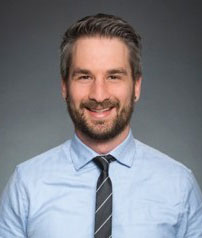 Dr. Justin Presseau
Dr. Justin Presseau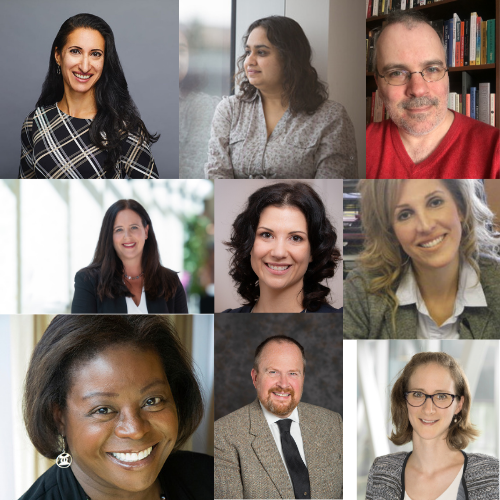 Silver Linings in the Pandemic
Silver Linings in the Pandemic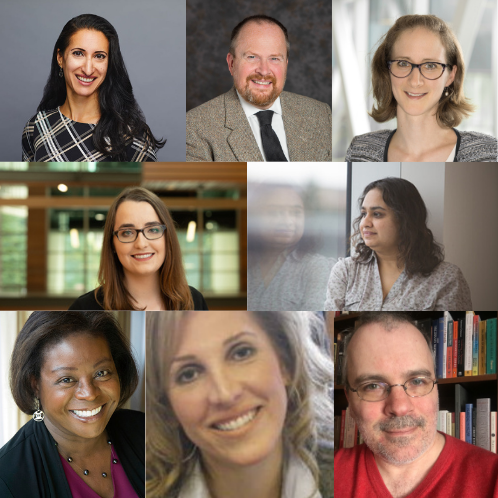
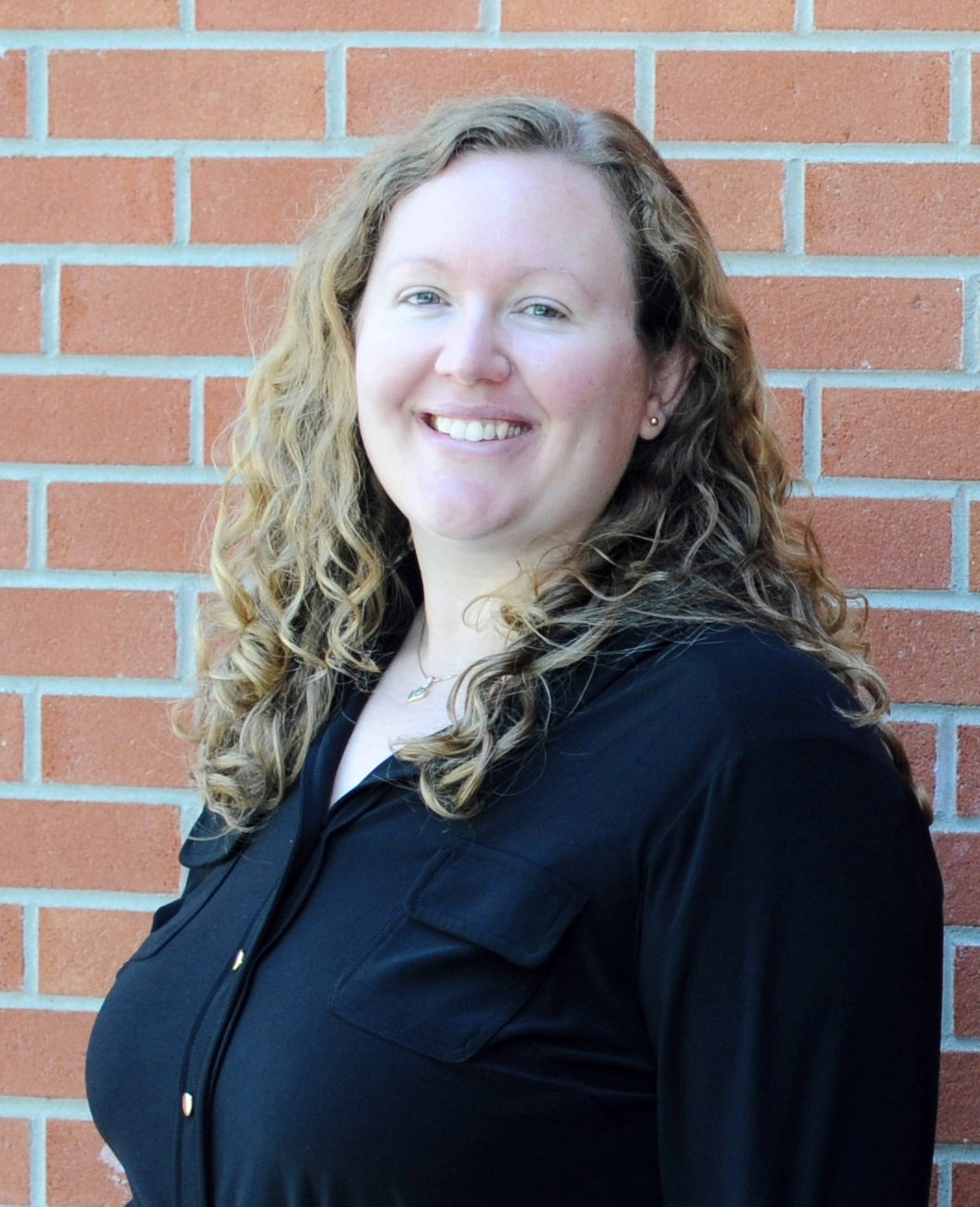 Chloe Hamza
Chloe Hamza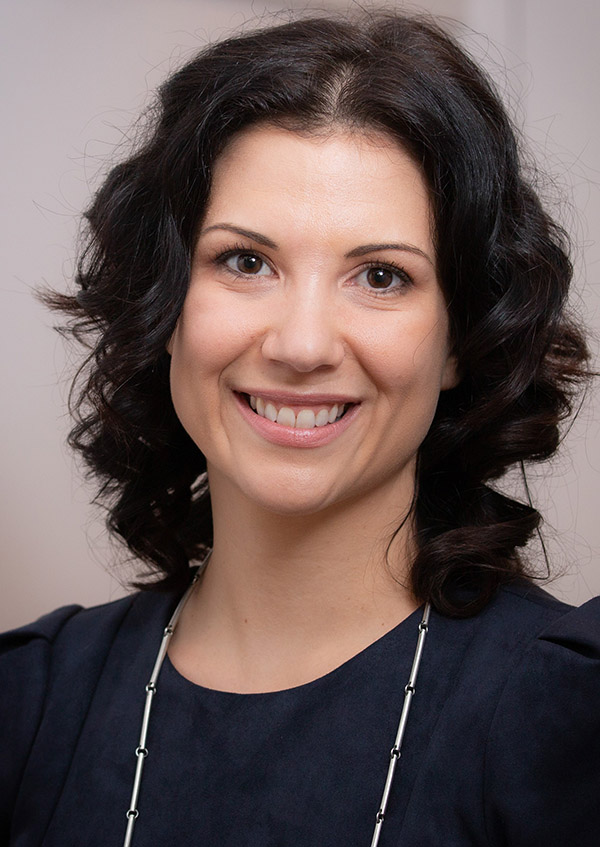 Mélanie Joanisse
Mélanie Joanisse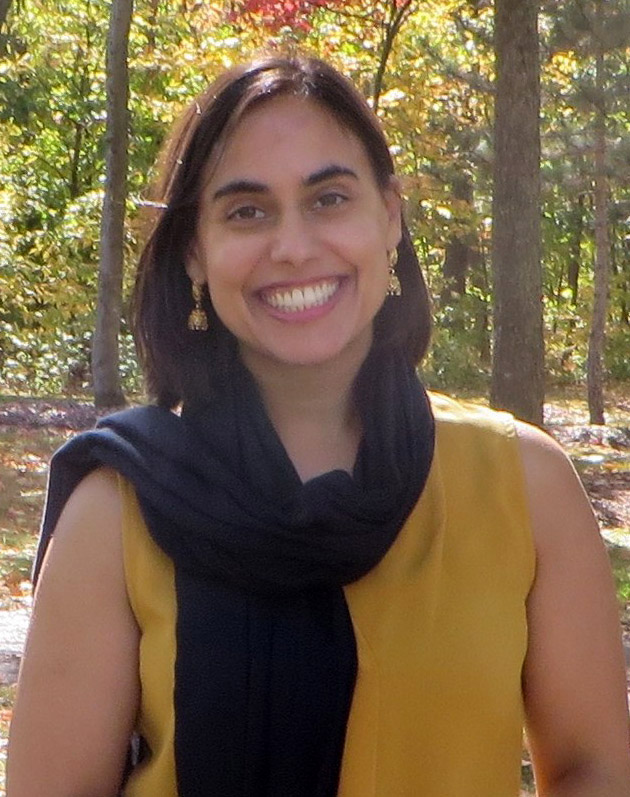 Maya Yampolsky
Maya Yampolsky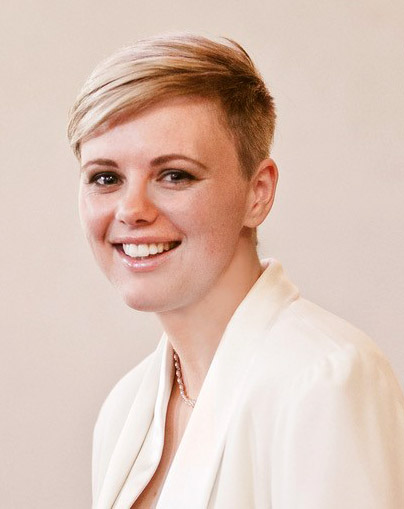 Karen Blair
Karen Blair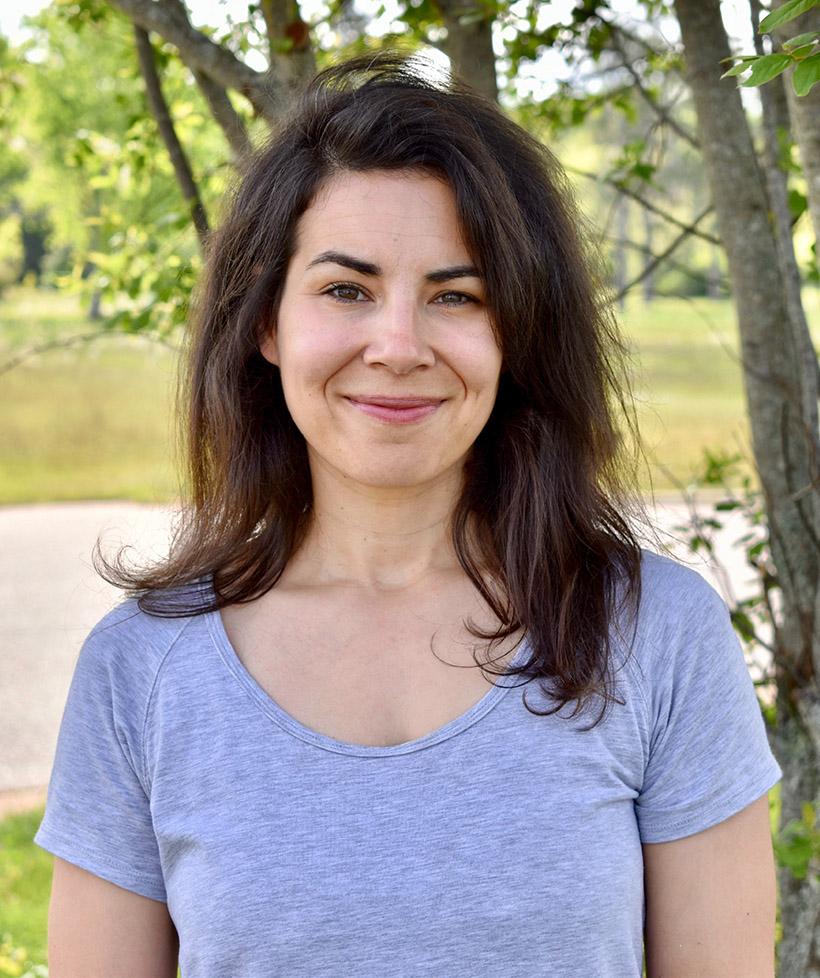 Courtney Gosselin
Courtney Gosselin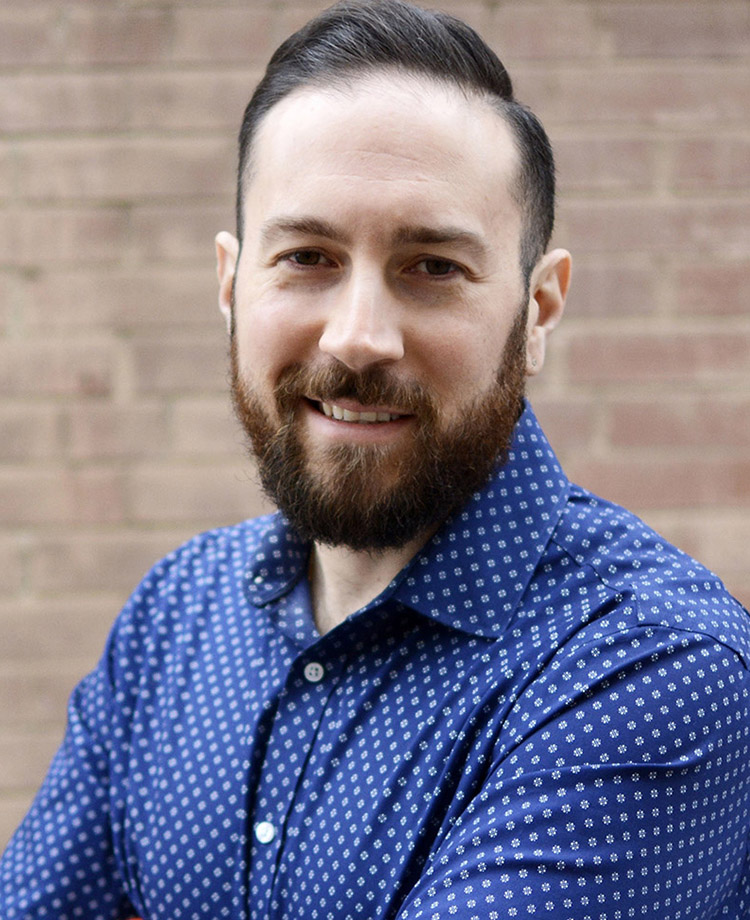 Jonathan N. Stea
Jonathan N. Stea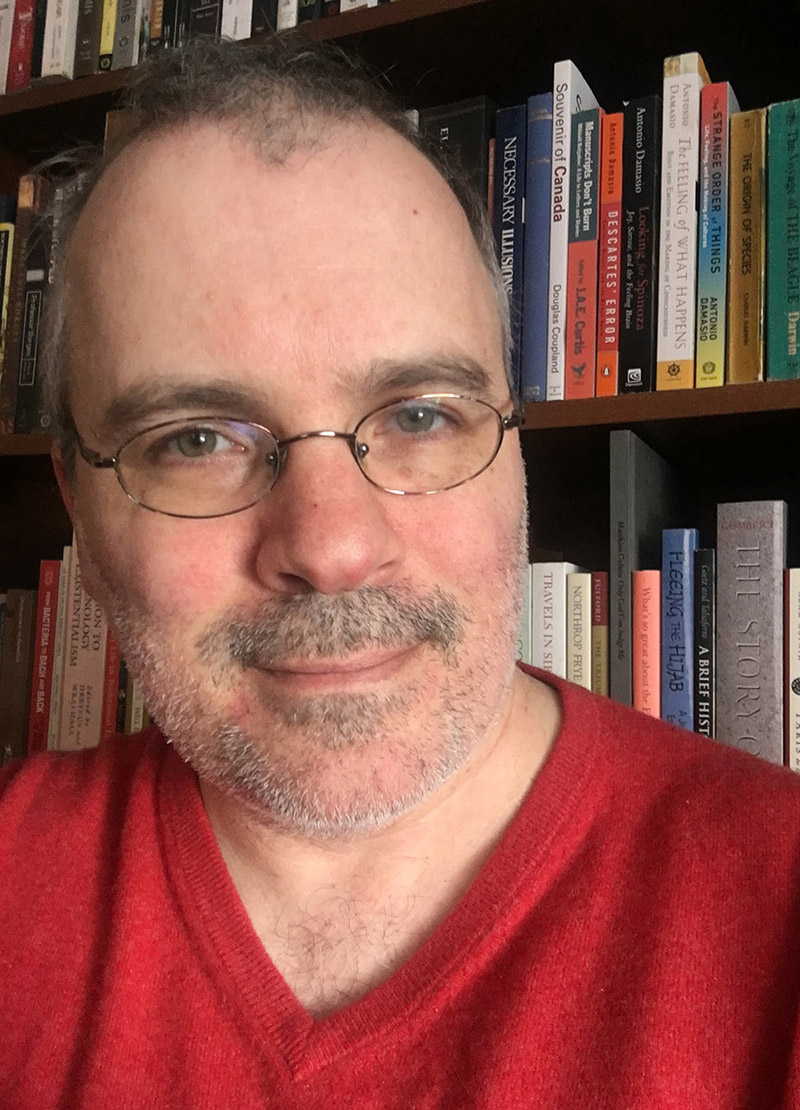 Andrew Ryder
Andrew Ryder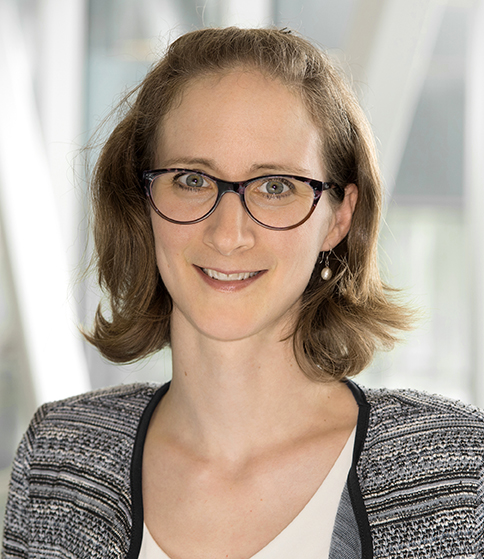 Gabrielle Pagé
Gabrielle Pagé

